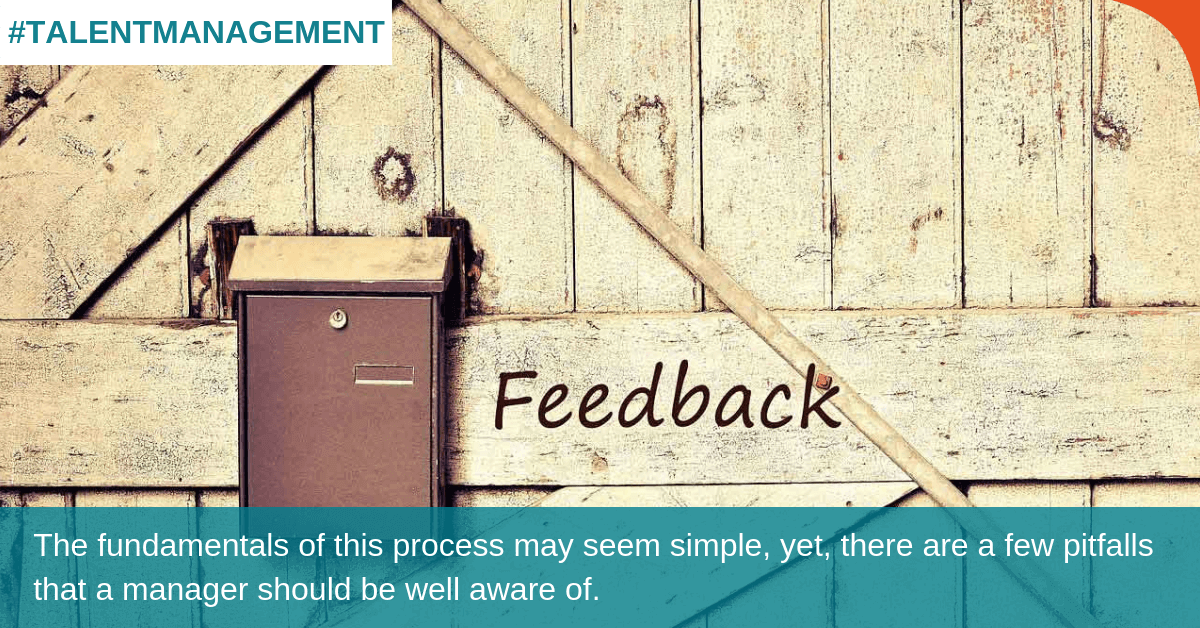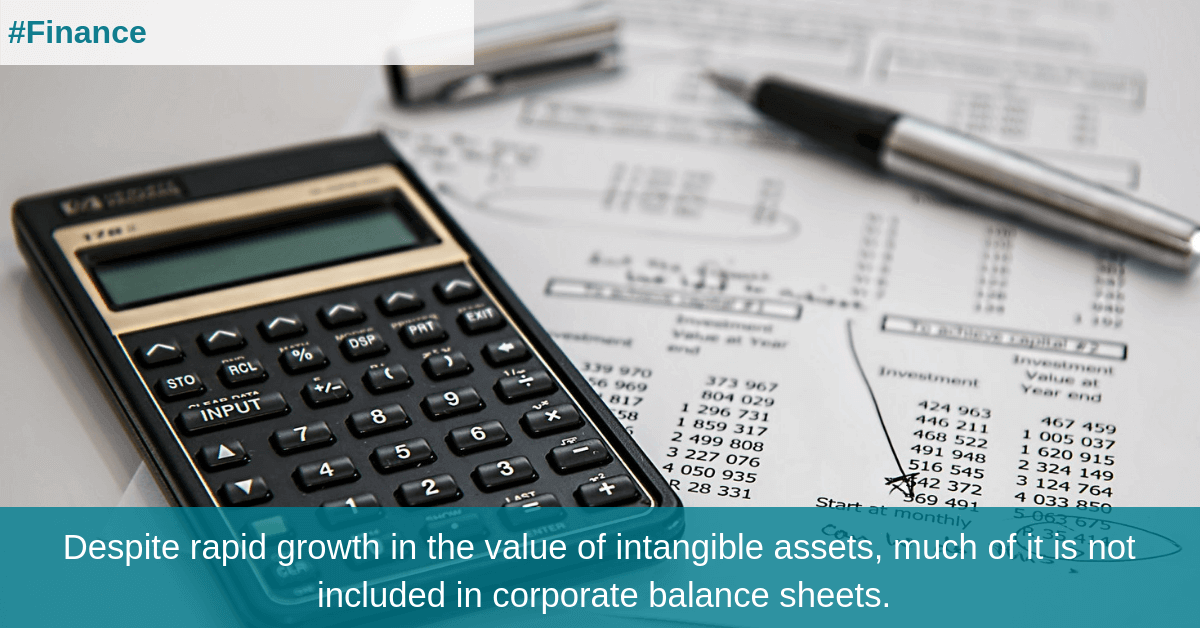Organisations must continually search for ways to make the whole more valuable than the sum of its parts. Although the recession has technically ended, the downturn lingers on, with fewer employees expected to produce the same output as when fully staffed. What gets employers through these challenging times is discipline, not panic or trust in fate. Human resource and strategic workforce management solutions can align your business by helping you recruit, develop, retain, engage, and promote the best employees.
Recent TRG blog posts
Rick Yvanovich
Recent TRG Blog Posts
Get Your House In Order With Strategic Workforce Management Solutions
Posted by Rick Yvanovich on Sat, Dec 8, 2018
Blog Topics: Talent Management
9 Classic Mistakes When Using 360-Degree Feedback (Part 2)
Posted by Rick Yvanovich on Thu, Dec 6, 2018
In Part 1, we've mentioned the first 5 classic mistakes when introducing the 360-degree Feedback process in the workplace. Continue reading to find out the remaining mistakes!
Blog Topics: Talent Management
Who Is the Employee Behind the Mask?
Posted by Rick Yvanovich on Wed, Dec 5, 2018
I’m sure you’ve overheard a coworker on the phone using a pleasant, sugary sweet tone but then mutter a few expletives the moment the call ended. What if you were the person on the other end of the phone? What are your employees’ real attitudes towards you, your company, and their work?
Blog Topics: Talent Management
9 Classic Mistakes When Using 360-Degree Feedback
Posted by Rick Yvanovich on Wed, Dec 5, 2018
If you are planning to implement a 360-degree feedback process in your organisation, the common mistakes cannot be overlooked. The fundamentals of this process may seem simple, yet, there are a few pitfalls that a manager should be well aware of.
Blog Topics: Talent Management
Communicating the Value of Intangible Assets
Posted by Rick Yvanovich on Tue, Sep 11, 2018
In addition to being difficult to manage, intangible assets have traditionally been a challenge in terms of communicating their value. Financial reporting has not evolved fast enough to adequately capture the true value of the organisation’s intangible assets and to address the needs of business decision makers.
Blog Topics: CFOs, Financial Accounting Management Software
What does Unified Ledger Accounting Mean to Accountants?
Posted by Rick Yvanovich on Sat, Sep 8, 2018
Ledgers are the backbone of any accounting system. They are the central repository for all accounting data of an organisation and are pivotal to financial reporting. An organisation’s financial statements are derived from ledgers.
Blog Topics: CFOs, Financial Accounting Management Software
8 Best Practices in Strategic Planning
Posted by Rick Yvanovich on Sat, Sep 8, 2018
Most organisations have plans. There is, however, a huge difference between a good plan and a bad plan. A bad plan, for example, is one that consists only of costs and revenues. This plan provides no guidance for the organisation regarding how it is to achieve the revenue targets. There is no linkage between the high level goals and the day-to-day activities necessary to achieve them.
Blog Topics: Enterprise Performance Management (EPM), Financial Accounting Management Software
How to Turn Budgeting into a Value-Adding Process
Posted by Rick Yvanovich on Wed, Sep 5, 2018
In today’s complex and rapidly changing business climate, there is an increased demand for top management to better observe, measure, and manage their business. Planning and budgeting plays an important role in enterprise performance management. However, in many organisations, planning and budgeting is not seen as adding value since:
Blog Topics: Planning and Budgeting, Financial consolidation, planning and reporting, Enterprise Performance Management (EPM), Financial Accounting Management Software
4 Most Effective Training & Development Methods for Finance Professionals
Posted by Rick Yvanovich on Tue, Sep 4, 2018
In a study by the Chartered Institute of Management Accountants (CIMA), different types of training and development methods were ranked according to how useful each one was rated by senior finance professionals.
Blog Topics: Financial Accounting Management Software
Global Management Accounting Principles Explained in 800 Words
Posted by Rick Yvanovich on Tue, Sep 4, 2018
Businesses, no matter how big or small, all want to make high quality, impactful business decisions. In order to be able to do so, the business must be equipped with accurate, fact-based and timely data. This is where management accounting comes in.
Blog Topics: CFOs, Financial Accounting Management Software
 English
English  Vietnamese
Vietnamese 










